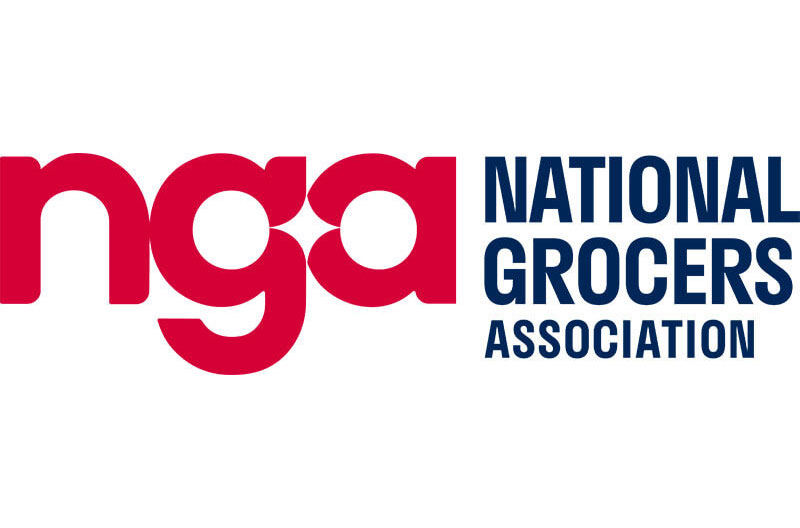The deadline for USDA’s “Strengthening Organic Enforcement” (SOE) final rule is barely a month away. More robust recordkeeping, audits and traceability of organic certifications will be required of more businesses throughout the food supply.
The National Grocers Association, as part of its traceability partnership with ReposiTrak, hosted a recent webinar that explained what the rule means for grocery retailers and wholesalers, and what you need to do to comply before it takes effect on March 19. The discussion was led by Derek Hannum, chief customer officer at ReposiTrak.
Here are some key takeaways from the discussion:
The USDA’s Strengthening Organic Enforcement (SOE) rule aims to enhance oversight and enforcement of the production, handling and sale of organic products and prevent economic fraud. It focuses on improving organic control systems, farm-to-market traceability and enforcing organic regulations more robustly. It’s the most significant update to organic regulations since the original Organic Foods Production Act of 1990.
Growth in demand has created more fraud. Organic supply chains have become increasingly complex, reducing transparency in the market and leading to documented cases of organic fraud.
Who is impacted by SOE? USDA accredited certifying agents, organic inspectors, producers, processors, brokers, traders, exporters and importers who are not certified organic.
The SOE rule protects organic integrity and bolsters consumer confidence in the USDA organic seal. It reduces the number of uncertified entities in the organic supply chain, requires the use of electronic import certificates, strengthens recordkeeping and supply chain traceability, clarifies AMS’ authority to oversee and enforce organic trade and strengthens oversight of accredited certifying agents.
The rule covers all organic products, requiring more businesses in the organic supply chain, like brokers and traders, to be certified.
Most grocery stores will be exempt from the rule. Among those exempt are retailers that do not process organic products; operations with organic sales totaling $5,000 or less annually; retailers that process organic products at the point of final sale, like restaurants and stores that prepare food on site; handlers of products with less than 70 percent organic ingredients; storage operations with sealed packaging; wholesalers with sealed retail-packaged products; customs brokers; and logistics brokers and transporters.
Traceability requirements. Certifiers must conduct risk-based supply chain traceability audits to verify the compliance of agricultural products with organic regulations. Onsite inspections must verify that organic products and ingredients are traceable from the time of purchase or acquisition through production to sale or transport. Operations must fully disclose all activities and transactions in sufficient detail to be readily understood and audited. All records must be maintained for no less than three years and must be made available for inspection.
Steps you should take now. Certified organic product suppliers should evaluate non-retail packaging for traceability compliance, integrate work into a broader traceability system and look for technical solutions that require little to no new work or cost for you or your customers. Wholesalers, distributors and self-distributed retailers handling organic products should get certified if not exempt, identify the products and suppliers you need to track and trace, identify systems that need to change, and identify and establish the human and technology infrastructure required to support traceability.
For more exclusive insights, view a recording of the complete webinar at https://attendee.gotowebinar.com/recording/6532292476359623770.
Read more association news from The Shelby Report.

